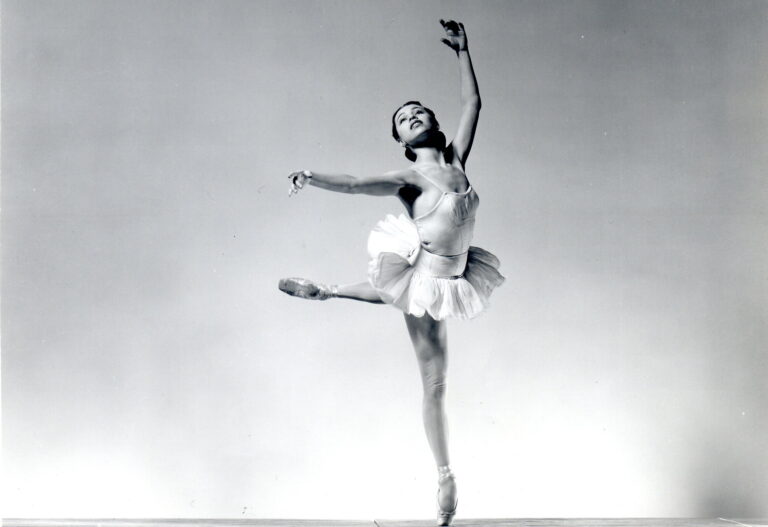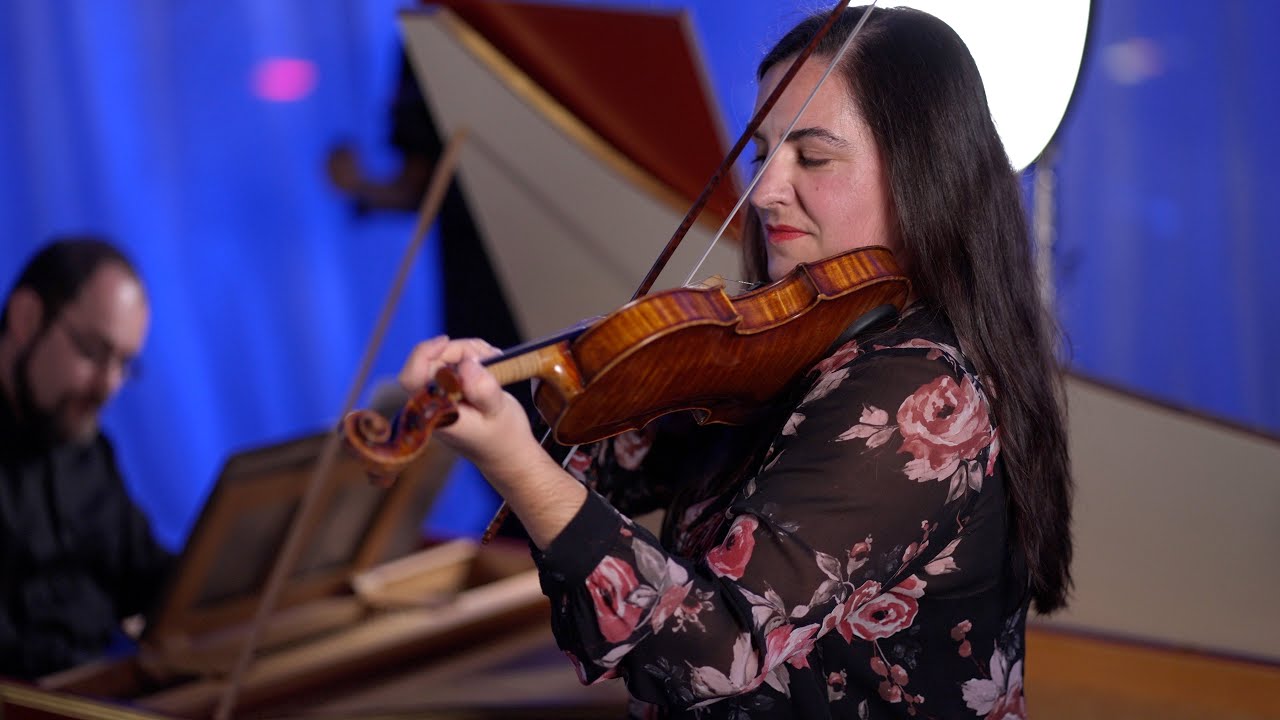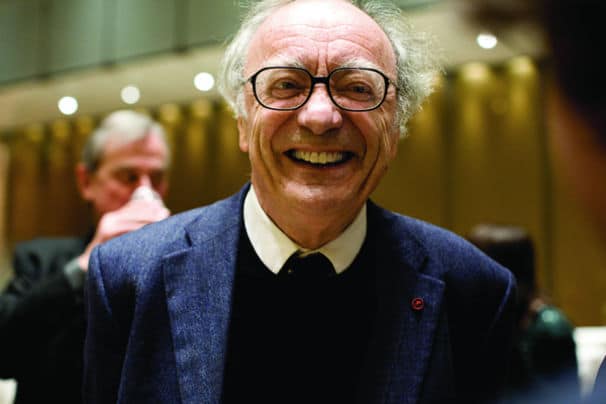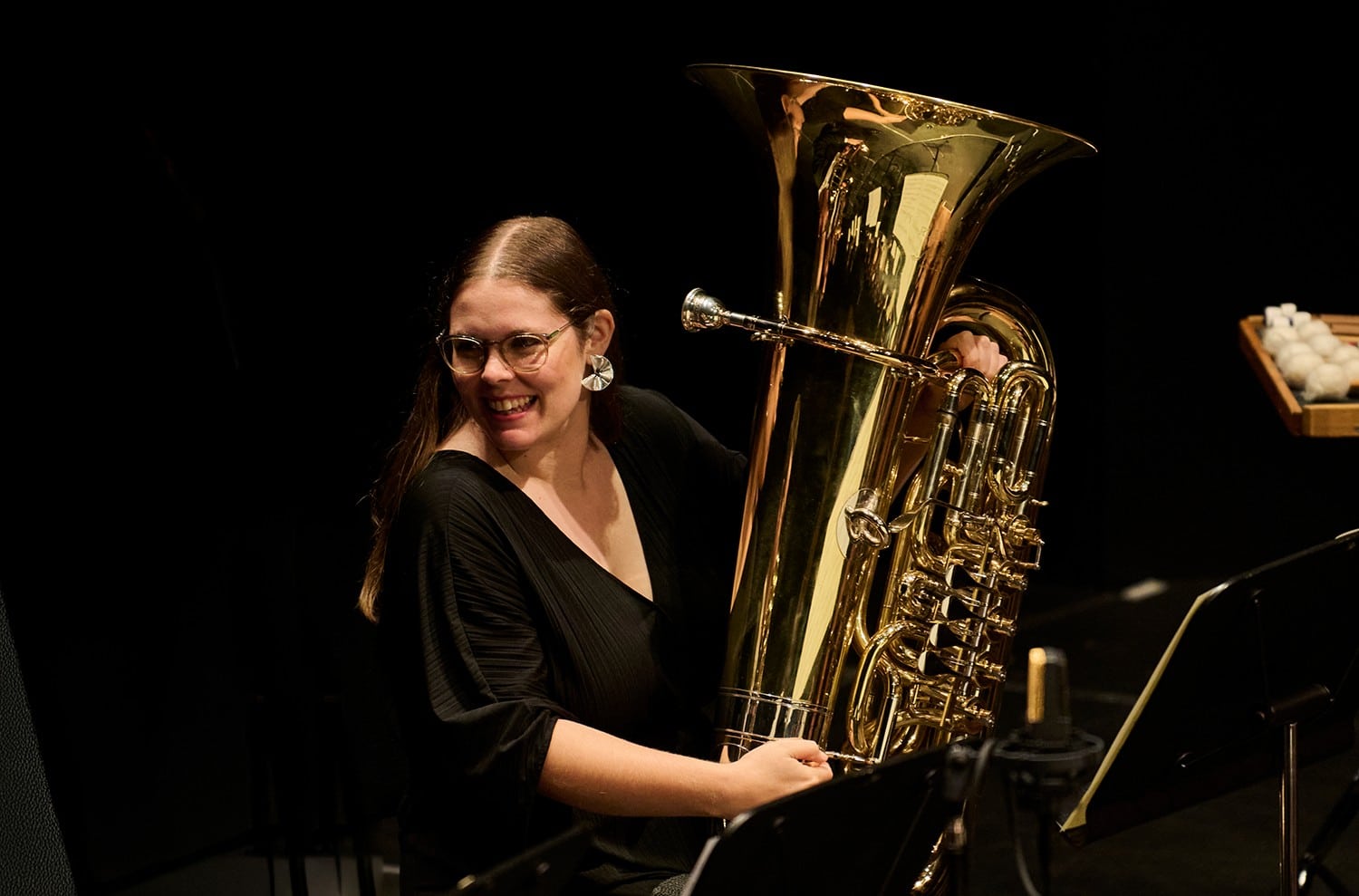Majestic Tallchief dies at 95
RIPThe imposing Marjorie Tallchief, the first American to be appointed prima ballerina at the Paris Opera Ballet, died last week in Florida.
A Native American from Denver she trained with Nijinska in Los Angeles and followed her sister Maria to an international career. Maria, who died in 2013, danced with Balanchine in Monte Carlo and became the first star of New York City Ballet in 1946.
Together, the sisters founded Chicago City Ballet.






She did amazing things. What becomes depictive is that in seeing a show about dance and various dancers from the European, or “White” American tradition when asked about her seriously scoff, saying her choreography wasn’t dancing. Seriously, a few interviewed dancers had to maintain that that wasn’t “dancing” as if they knew what it was, and where the supposed boundaries were.
And people loved it, but it wasn’t contrived. It wasn’t some left brained machinery of “artistry” that in reality becomes artifice. And that’s what art was for the indigenous people, it was art.
What show is that? Taking remarks out of context to support your political non-artistic point is pointless.
Given what Marjorie Tallchief gave to art, compared to what a group of disgruntled dancers said is what I find not only inartistic and politically motivated, but also out of context and pointless.
Pointless, because it’s clear that was Marjorie Tallchief did is what remains despite that anyone would “know” better…..
Since the simplest things inevitably get misunderstood. For indigenous cultures art wasn’t a luxury. It was spiritual, and healing, and not about creating an “artistic” effect. Neither was their culture so complicated and escapist, that it was full of children obsessed with “pecking” at “digital” “technology,” and quite on edge about it while not knowing what it was to plant seeds in the mother earth for food, or find it [food] growing wild in nature’s freedom.
They also didn’t have the well tempered system, so that everything to be “in tune” was out of tune. Although their sense of hearing was such that they might have actually used modern midi data to recreate the pure tunings that sounded in nature, where overtones weren’t compromised, again for digital obsessions, only this time with actually digits of which we all hopefully have ten. It being that synthesizers can retune what would otherwise require so many keys to press that one would have to have a centipede’s number of digits, and a computerized memory as to which key was which. And further more, that’s simply nature, when it becomes “political” not to destroy it, that isn’t even politics……
Although there are other names that abound….
It being quite baffling that modern music mostly ignores what synthesizers can actually do relating to one of the basic elements of music called pitch to relate to an overtone series that was compromised during the “industrial” age, the beginning of the rape of the mother earth….
From Denver? The good people of Fairfax, Oklahoma think otherwise. Tallchief’s Osage heritage is a vital part of her remarkable story.
Marjorie Tallchief was born in Denver, perhaps by accident, as her parents were there on vacation at the time. They went back home to Fairfax for a few years before moving to California to get elite dance instruction for the Tallchief sisters, Maria and Marjorie. They were two of the five celebrated Native American ballerinas of about the same age who came from small towns in Oklahoma. Others were Yvonne Chouteau, Rosella Hightower, and Moscelyn Larkin. All had big international dancing careers and then led dance organizations. Maria was a protege and wife of George Balanchine and danced with Nureyev, among others. Marjorie was the last of the five to pass from this world. The NY Times had an excellent article about the dancers on Aug 22, 2021, accessible online: “Oklahoma’s Gift to Ballet: The Five Moons Ballerinas”.
Ms. Tallchief was also a strong presence at the Lyric of Chicago as director of ballet and made a glamorous appearance at opening nights. Her elegant refined style of classic choreography is sorely missed.
Chicago City Ballet was yet another attempt to spread Balanchinism across the country, and destroying any Ballets Russes tradition wherever possible. It is no coincidence that Seattle was chosen, as well as St. Louis and other cities.
Having watched Maria Tallchief dance, she was not a great ballerina, but I’m pretty sure Rosella Hightower was a fine one.
I would be ingenuous would I say that I don’t know what you’re getting off from, “Ruby Yacht.”
In the other post about a “musicology post” handed out, you stated that any music that’s not classical doesn’t deserve anything but a minor elective position, that any indigenous music belongs in ethnomusicology, and then you go on about “meritocracy,” having dismissed what most people seem to merit more than your “superiority.”
As if there was no culture worth honoring in civilizations which weren’t so “civilized” as to have produced guns to shoot bullets, cannons, and sent off any homeless people (often shoved off their land by the “government”) as slaves to be worked to death in these places that were “uncivilized.”
And what’s truly sad is that the real humanity in the composers whose music remains having passed time’s filter, such as Mozart, Schubert, Beethoven, Faure, Debussy and the rest, to them music HAD the same value as to the indigenous people, that it was about being human, it made them feel alive and spiritual (beyond formal “religion” even); and yet you make it out to be some sort of elitism, which you brand with who knows what “artistic “ approval.
And so, although there are all sorts of different dancers, and all sorts of different tastes in dancers, you decide you know whether Marjorie Small Chief was a “Great” dancer, as if this is objective law, then mention who you decide was a fine dancer, here in this post honoring Marjorie’s contribution to art and life. Do you go to funerals as well, informing those attending how the deceased should be viewed regarding value others saw in them which you know was in correct, or are you just reminding us what the Internet is all about?
Before what I posted becomes completely warped out of context again.
1) I didn’t say I hated the well tempered system as something “Western.” I think it’s a wonderful medium, and I actually can tune my own piano, and find it fascinated , even how the mind retunes things akin to Charles Dicken’s The Chimes, about perhaps how bells (and their compromised tuning) elicits a whole other world in the mind, akin to a near death experience. But I think that it has become overused, while the atonalists and the non atonalists argue about it, and have been to such a din, it’s as if they are looking for a dissonance not allowed in either of their “disciplines.” I t do think that as something coming out of the beginning of the industrial age people can over use it to such a degree, that it becomes such an addiction that they can’t sit and listen to nature anymore (which isn’t “well tempered); and it’s becoming harder and harder to be somewhere where there isn’t either the sound of traffic, or blaring speakers with music to such a degree one can’t hear the wind or the rain anymore, let alone the birds or the crickets. As if life was created in a factory.
2) I don’t make statements about indigenous music for political reasons. It’s pretty much chance, that that has become political. And I can’t say that the academic setting has necessarily the means to understand that aspect of music. It’s simply been what I found music to be, it’s part of the healing arts for me. Where I could go to be reminded it’s OK to simply be human, music being an innate part of what it is to be human, where one can go, and doing that only, and for that reason: one find’s the amazing abilities music (or any of the arts) has to allow one to be human, to give perspective and understanding, to give emotions a home that would otherwise be homeless. And those are very different emotions than one thinks of as emotions, emotions interwoven in life allowing it to be, rather than emotions that try to control it.
And so you’re not going to get anywhere trying to accuse me of being political, that’s like saying breathing is….
And is it?
In the long run….
I remember reading Maria Tallchief’s very interesting autobiography written about thirty years ago. She says some interesting things such as how Balanchine got some choreography ideas by visiting art museums and that part of the reason they broke up was that she came to realize that she and Balanchine differed in artistic vision and that she did not want to spend so much time working (they were still in the process of getting the New York City Ballet started) for a vision in which she did not believe. However, I do not remember any mention whatsoever of Marjorie or that she played any role in Maria´s life through about 1965 which was when the autobiography essentially ended. (Tallchief said very little about her work with the Chicago Lyric Opera)